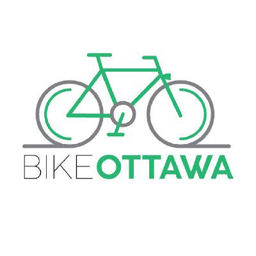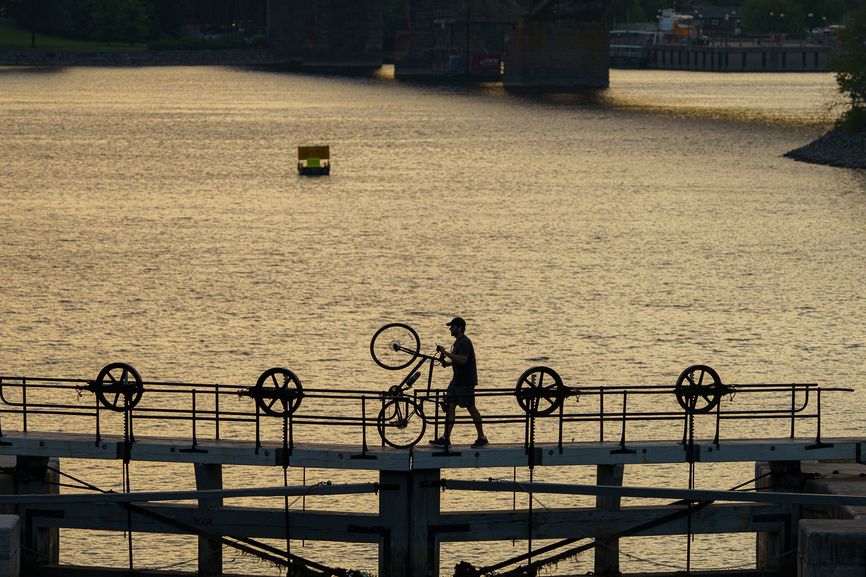Resources
Your experiences and your vision of the biking city that you’d like to live in are the most important things you can bring to advocacy. And there is a lot more information you can use to be as effective as possible. City and NCC plans and policies, provincial and federal programs, open data sources, and even just some history of riding bikes in Ottawa can be invaluable resources.
But sometimes it’s hard to know where to look. So, to make things a little easier, we have compiled a set of resources to get you started.
Also check out our DOCUMENTS page for a list of guides, and tools to search City projects and information.
What are the Laws and your rights?
Check out our page about the laws for riding your bike in Ottawa/Gatineau area.
You can also check out The Biking Lawyer, David Shellnut’s site will give you a good understanding of what to do if you are ever in a crash.
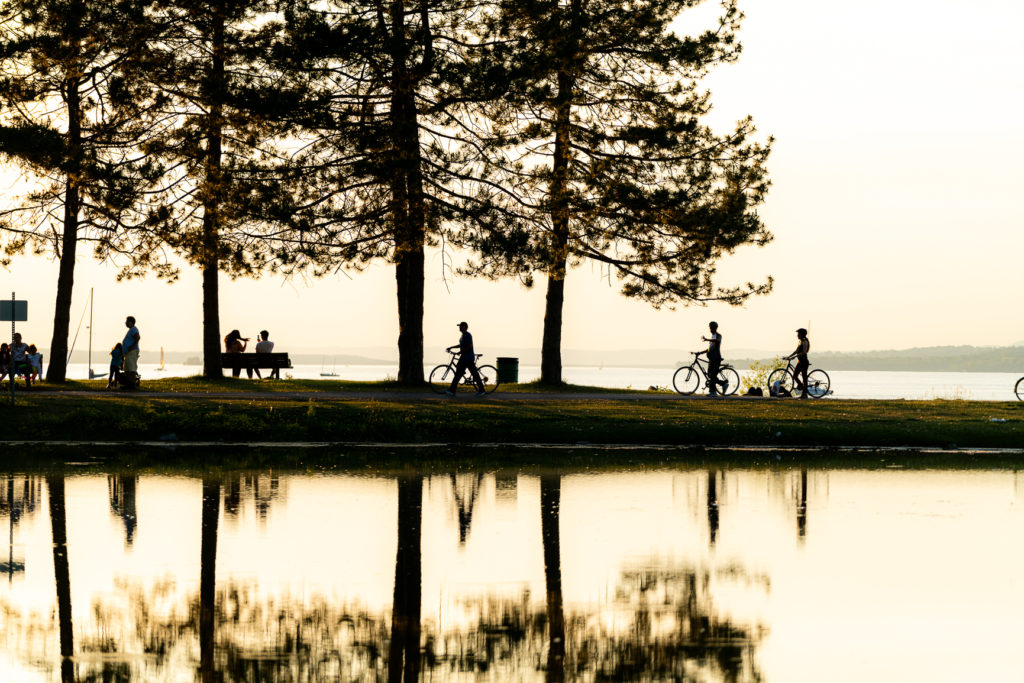
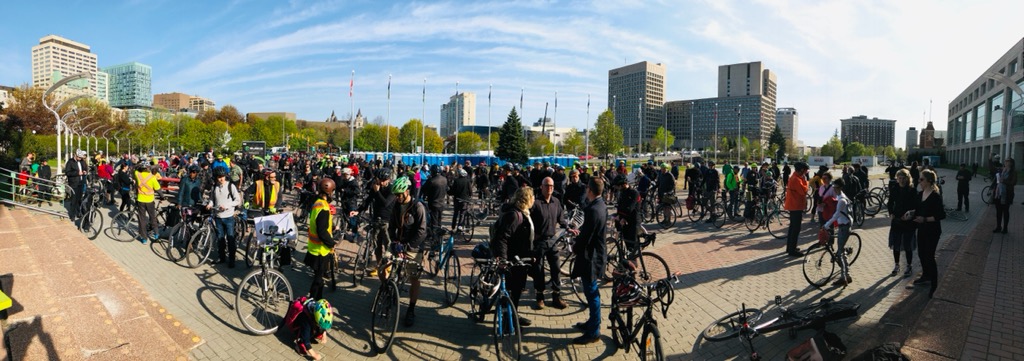
5 Important Tips for Bike Activism!
1. Engage with the city:
Email your councillor and city project managers to let them know your opinion on a project, or to make the case for a project.
2. Engage with your community:
Community associations, parents at your school or other groups may be open to biking improvements. There is power in numbers!
3. Be constructive:
Elected officials and city staff will hear plenty about what is right or wrong with a project, and will be more likely to engage when offered concrete proposals for making better infrastructure for people on bikes.
4. Get your message heard:
Make sure your message is short, sharp and easy to understand. What would you tell a reporter if you were interviewed, or if you had the chance to speak at a community meeting?
5. Learn from your experience:
There will be victories and there will be times when you aren’t able to achieve what you hoped. This is what everyone will experience. By talking about what worked and what didn’t with people who are working on similar projects.
For more tips visit our Tips for Bike Activism page.
Equity and Advocacy
A list of great reads to get you started when considering what it means to be an ally while engaging in advocacy:
· Bike Advocacy’s Blind Spot: The biking community is overwhelmingly concerned with infrastructure. For urban anthropologist Adonia Lugo, that’s an equity problem. By Tanvi Misra.
· The Bicycle as a Vehicle of Protest. By Jody Rosen
· Why We Must Talk About Race When We Talk About Bikes: SYSTEMIC RACISM CAN’T BE FIXED WITHOUT TACKLING IT WITHIN CYCLING. By Tamika Bulter
· Last Year, the Bike Industry Promised Inclusivity. But Advocacy Allies Still Don’t Get It. By Tamika Butler.
· Inclusive City Building: Q & A with Jay Pitter.
Annual Reports
Every year Bike Ottawa creates a look back at the previous year of riding bikes in Ottawa.
You can read our reports (dating back to 2010!) HERE.
Read up on how the City has changed over the years, and what improvements still need to be made.
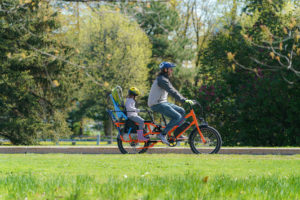
Image credit: www.gabesimges.com
